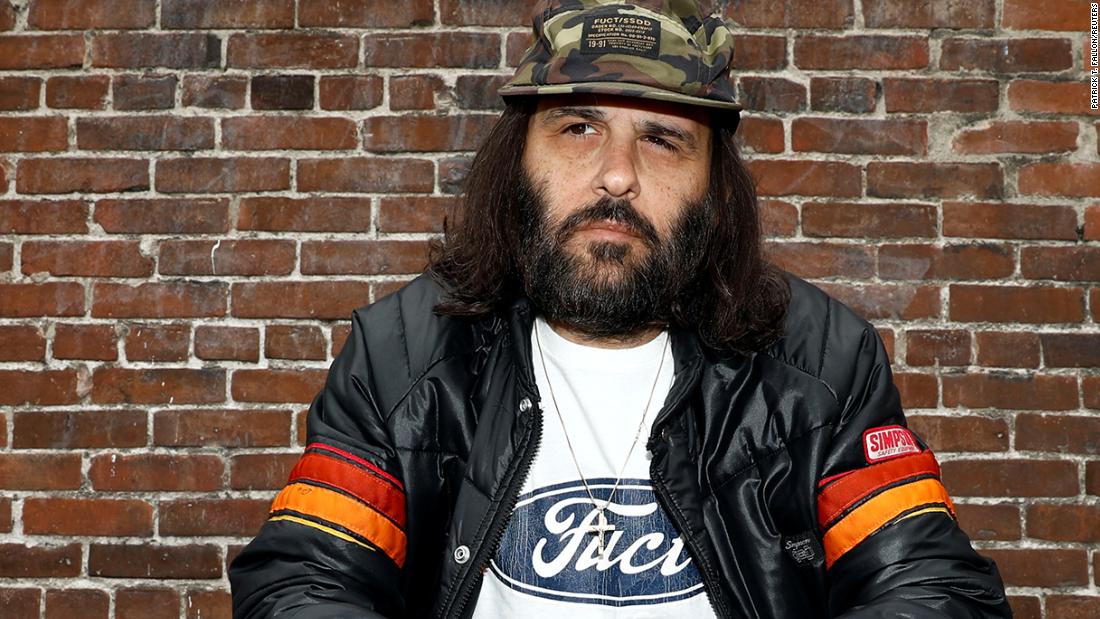
Brunetti says, his company's name stands for FRIENDS U CAN'T TRUST. In 2011, he sought to register the mark with the United States Patent and Trademark Office in order to obtain benefits such as expanding rights against others attempting to use the same mark.
But the office did not buy Brunetti's explanation. Instead, it said the word was the "phonetic equivalent" of the past tense of what sounds like a vulgar term. It refused Brunetti's request determining that federal law prohibits the registration of trademarks that consist of "scandalous" subject matter.
Now the Supreme Court on Monday, for the second time in two years, will review whether provisions of a federal law, the Lanham Act, violate the First Amendment.
If the justices rule in favor of Brunetti, they could open the doors to more so called "scandalous" marks in the marketplace and even broaden a category of speech protected by the Constitution.
The Court will be reviewing an opinion by the United States Court of Appeals for the Federal Circuit holding that a provision of the Lanham Act that forbids registration for "immoral" or "scandalous" trademarks is an "unconstitutional restriction of free speech." The court stressed that the Patent and Trademark Office has also inconsistently applied the provision in a way that creates uncertainty. For example, the government has approved marks like "FUGLY."
The appeals court said that while it found "such marks in commerce discomforting" and was "not eager to see a proliferation" of them in the marketplace, the First Amendment "protects private expression, even private expression which is offensive to a substantial composite of the general public."
If the issue sounds familiar it is because back in 2017, the Supreme Court struck down a separate provision of the law that prohibited the registration of trademarks that could disparage persons, institutions, beliefs or national symbols.
The justices held that the so called "disparagement provision" violated the First Amendment by discriminating based on a particular view point. The opinion was a victory for an Asian-American musician who named his rock band "the Slants" in an attempt to take back a term that was once directed as an insult. His trademark request was denied as disparaging to "persons of Asian descent," but the Supreme Court ultimately ruled in his favor.
In the latest case, lawyers for Brunetti say the Supreme Court should also strike the "scandalous" provision. They argue that the government's enforcement of the provision has been arbitrary, allowing some trademarks, yet inexplicably denying others that are closely related.
In court briefs, Solicitor General Noel Francisco argued in favor of the law saying that unlike the "disparagement" provision, the "scandalous marks" provision in the new case is "view point neutral" and does not offend the Constitution.
He stressed that the provision is not a restriction on speech, because Brunetti could still use it on his clothing line and in advertisements, he simply could not have access to government benefits that come with registration.
No comments:
Post a Comment